Response letter to LACC
CHATTEN-BROWN & CARSTENS
3250 OCEAN PARK BOULEVARD #300
SANTA MONICA, CALIFORNIA 90405
E-MAIL: CBC@CBCEARTHLAW.COM
TELEPHONE: (310) 314-8040
FACSIMILE: (310) 314-8050
NATURAL RESOURCES DEFENSE COUNCIL
June 15, 2007
Los Angeles City Council
City Hall
200 N. Spring Street
Los Angeles, CA 90012
Re: Subsequent Environmental Review for Elephant Hill in El Sereno [Tract 35022 and related parcels] (File #: 04-1413)
Honorable Councilmembers:
On behalf of the Natural Resources Defense Council ("NRDC") and Chatten-Brown & Carstens, we write to clarify why approval of the building permit requested for the Elephant Hill project is a discretionary action. At the June 12, 2007 Planning and Land Use Management ("PLUM") Committee hearing, certain provisions of the Los Angeles Municipal Code were cited by the City Attorney for the proposition that issuance of the Department of Public Works building permit ("B-permit") for street improvements was a ministerial action, thereby precluding subsequent environmental review. Taking into consideration these arguments and the compelling facts and counterarguments presented at the PLUM hearing, Councilmember Huizar voted to advance the motion to LA City Council, recommending subsequent environmental review – Elephant Hill is located in CD 14. His position is well-founded. In this letter, we write to resolve any lingering questions as to whether the B-permit is of a discretionary or ministerial nature. After reviewing the Los Angeles Municipal Code ("LAMC") and relevant case law, we are confident that B-permit is, in fact, discretionary.
At the hearing, representatives of the City Attorney’s Office reached a contrary conclusion, opining that the permit is ministerial. In support of their argument, representatives of the City Attorney’s Office noted that the B-permit will be issued by the Department of Public Works and is, therefore, governed by LAMC Chapter VI. The June 8, 2007 Supplemental Report states that sections we cited were "issued by a different department and are expressly inapplicable to work in the public right of way." This clarification of the City Attorney’s position is useful and, assuming arguendo that it is correct to limit the inquiry to LAMC Chapter VI, that chapter nonetheless compels the conclusion that the B-permit in question is discretionary, not ministerial. Specifically, LAMC § 62.105, speaks plainly to the discretionary nature of this Class "B" permit: LA City Council June 15, 2007 Page 2
(b) Any person who desires to make any such improvement upon any private property not dedicated to a public use, may, in order to obtain the City Engineer’s approval of plans and specifications therefor, city inspection and supervision of the work and to assure that the improvement when completed will be to the satisfaction of the City Engineer and that his acceptance thereof will be available if the improvement be later submitted for dedication to public use, apply for and obtain a permit therefore… and the City Engineer may impose such other conditions as may, in his discretion, be required to assure that the work . . . will not cause loss or damage to the City or to the public, and that the improvements when completed, will be acceptable for public use. . . . (Amended by Ord. No. 83,881, Eff. 2/4/41.)
… …
Nothing in this subsection shall be deemed to bind the City to accept such improvements for public use, however, if for any reason said improvements are not in a condition satisfactory to the City Engineer at the time they are offered for acceptance for public use. (Amended by Ord. No. 83,881, Eff. 2/4/41.)1
The conclusion that the B-permit in question is discretionary finds further support in CEQA and relevant case law. According to the CEQA Guidelines, the issuance of building permits is presumed to be ministerial "in the absence of any discretionary provision contained in the local ordinance or other law."2 Such lack of discretion exists only where the approving agency retains no discretion to exercise subjective judgment regarding carrying out of any phase of the proposed project.3 Moreover, a project of "mixed ministerial-discretionary character… should be treated as a discretionary project."4 And courts have been united in concluding that statements providing for the exercise of judgment, expertise or discretion remove the permit from ministerial action.5 Where an applicant would not have a legal right to sue to obtain a permit, (and certainly the applicant in this case may not sue to compel the issuance of a B-permit) the grant or denial of that permit is a discretionary action.6 Finally, to the extent that uncertainty exists as to whether an action approving a project is discretionary or ministerial, that uncertainty must be resolved in favor of discretionary review.7 In other words, the determination of whether a permit is discretionary or ministerial is subject to a low threshold for determining that it is, in fact, discretionary.
1 LAMC § 62.105 (emphasis added).
2 14 C.C.R. § 15268.
3 Friends of Westwood, Inc. v. City of Los Angeles (1987) 191 Cal.App.3d 259, 269-271.
4 Day v. City of Glendale (1975) 51 Cal.App.3d 817, 823; see also, People v. Department of Housing and Community Development (1975) 45 Cal.App.3d 185, 194.
5 See, e.g., Haggis v. City of Los Angeles (2000) 22 Cal.4th 490, 506; Friends of Westwood, 191 Cal.App.3d at 272-273.
6 Friends of Westwood, Inc. v. City of Los Angeles (1987) 191 Cal.App.3d 259, 269 ("the term ‘ministerial’ is limited to those approvals which can be legally compelled without substantial modification or change.")
7 Day, supra, 51 Cal.App.3d at 823. LA City Council June 15, 2007 Page 3
Here, the City Engineer clearly exercises judgment and discretion in granting a B-permit. The City Engineer must give "approval of plans and specifications" and must further grant his "acceptance" after making the determination that the work is to his "satisfaction."8 And the City Engineer is empowered to "impose such other conditions as may, in his discretion, be required."9 The section even concludes by stating that "[n]othing … shall be deemed to bind the City to accept such improvements for public use… if for any reason said improvements are not… satisfactory to the City Engineer."10 This section, quite simply, a discretionary action makes. The Department of Public Works issuance of a B-permit for work in a public right-of-way is, unequivocally, discretionary.
We realize that time has been short and the City Attorney may not have had sufficient time to review what we believe to be relevant section of the Municipal Code and case law. We would be pleased to answer any questions you may have.
Sincerely,
Doug Carstens Tim Grabiel
Chatten-Brown & Carstens Natural Resources Defense Council
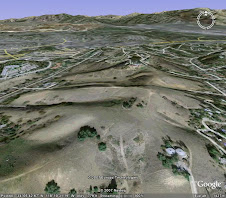

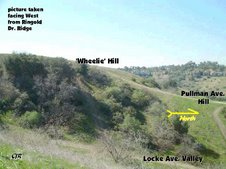
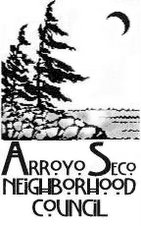


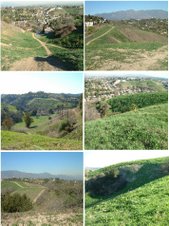

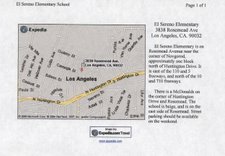

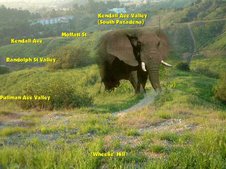







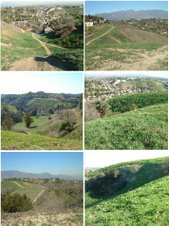
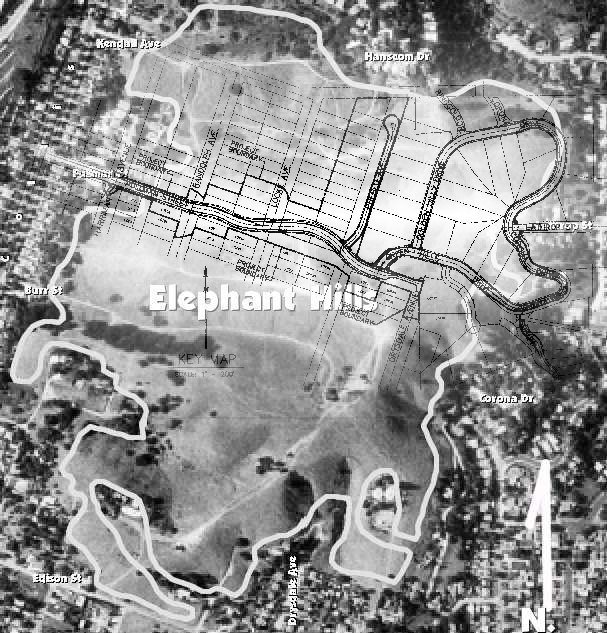
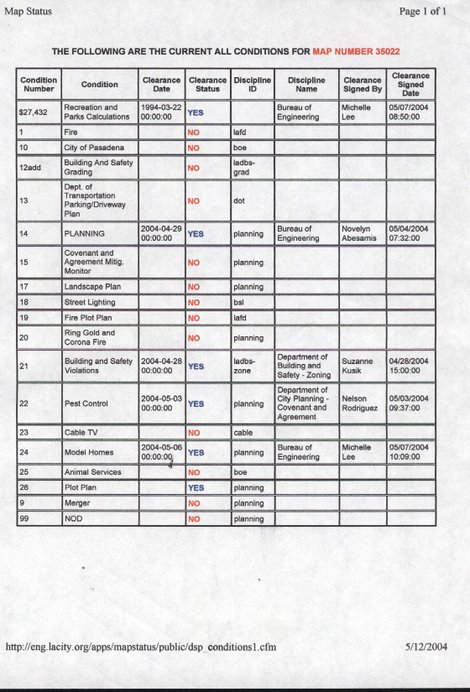
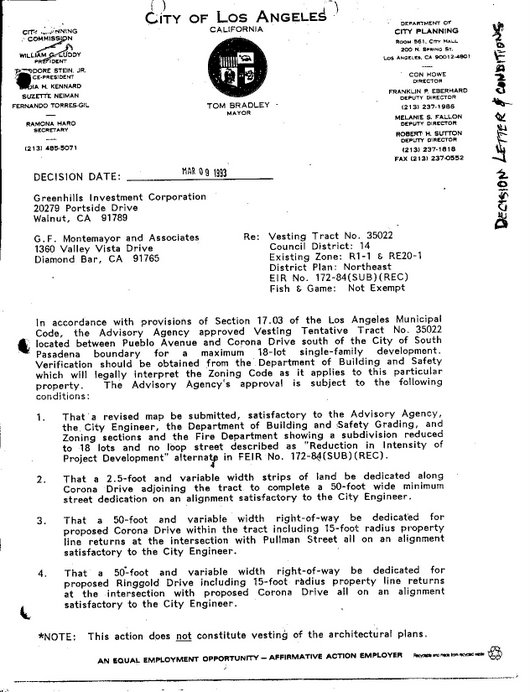
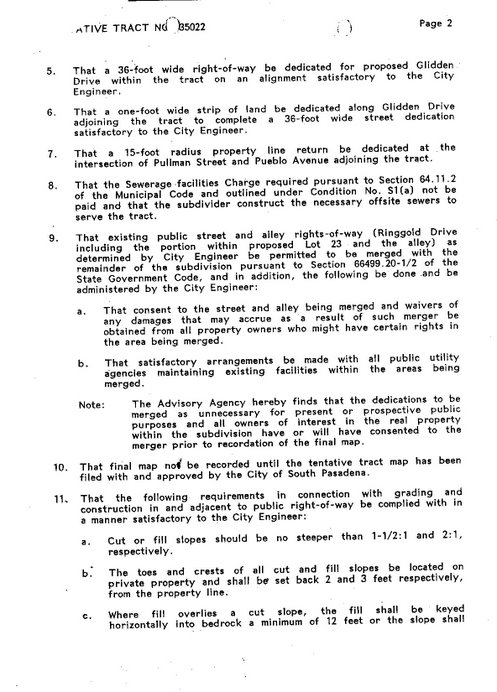
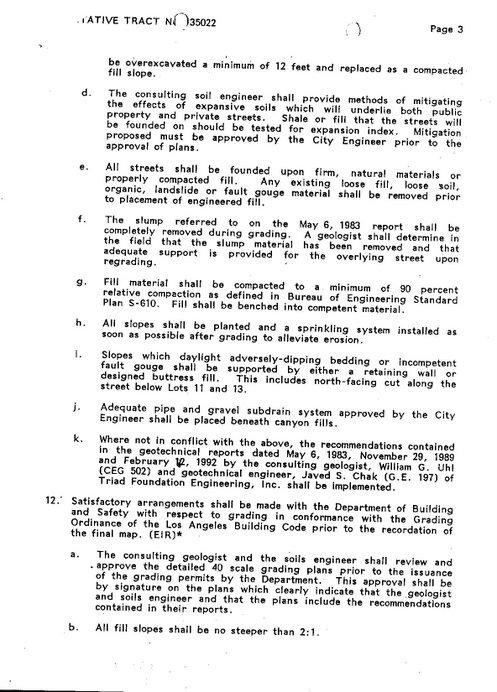
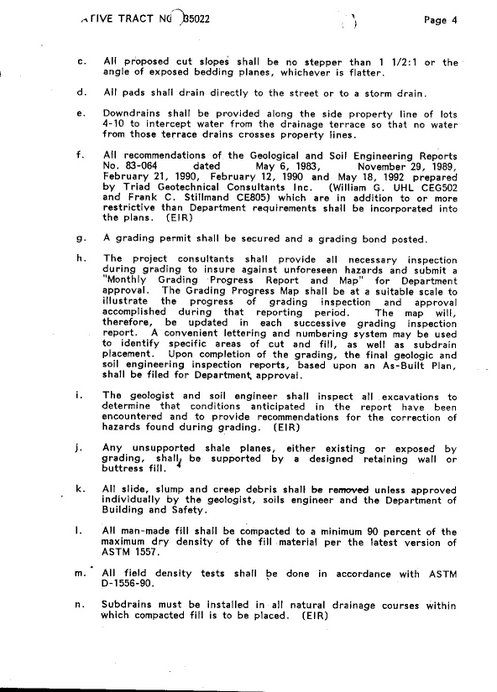
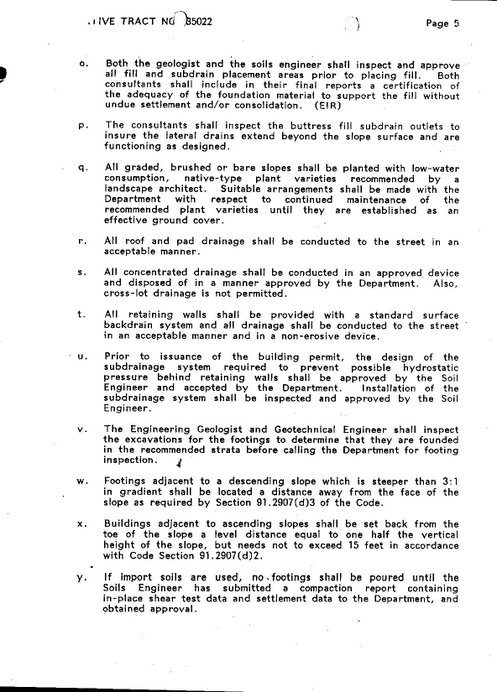
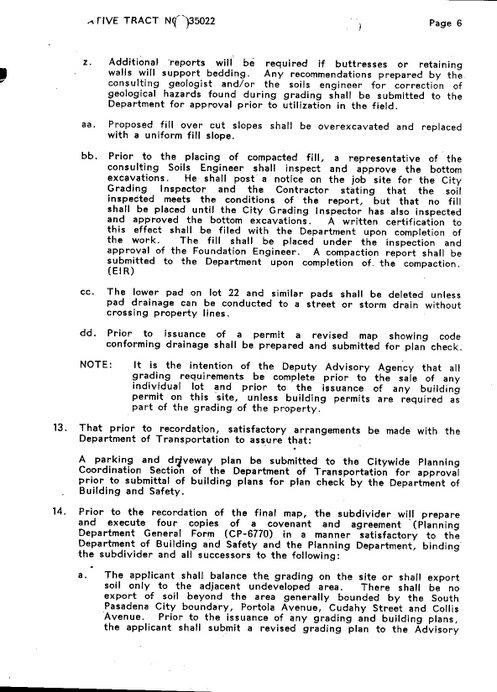
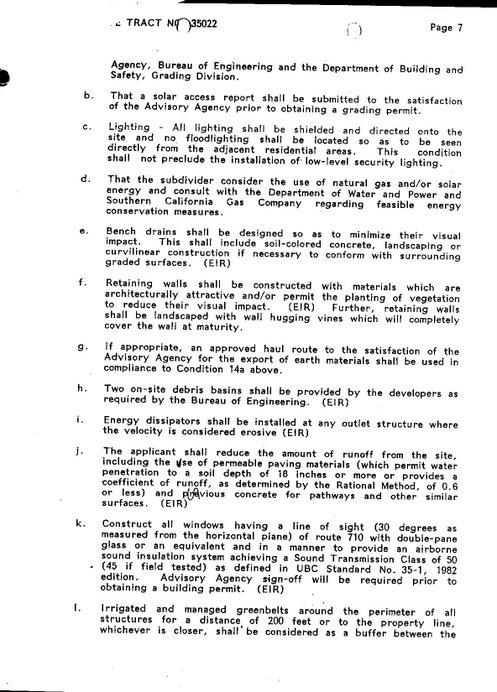

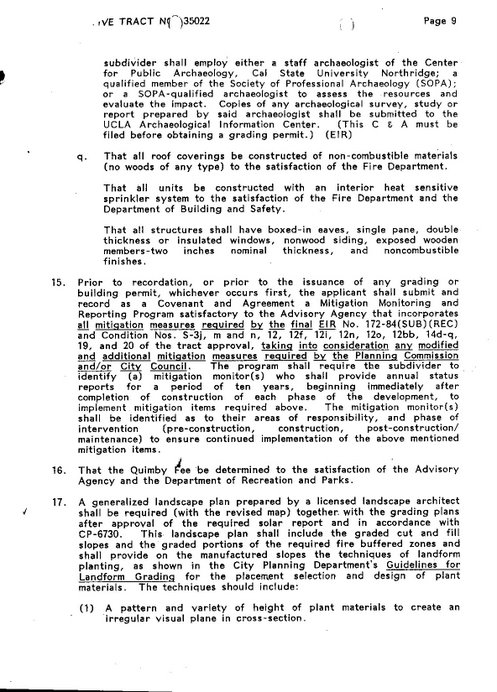
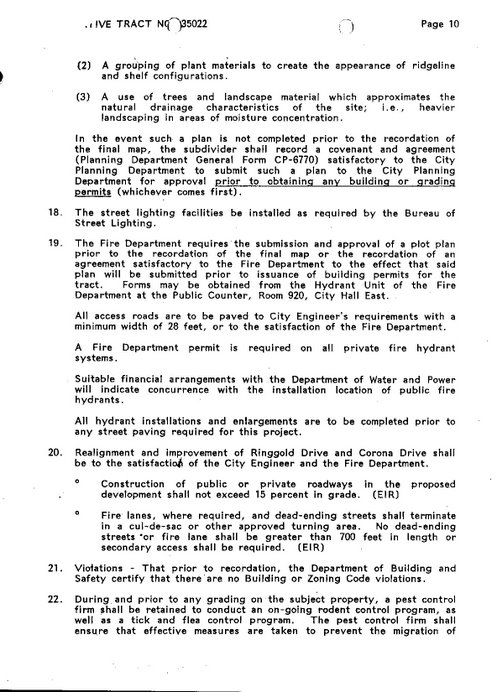
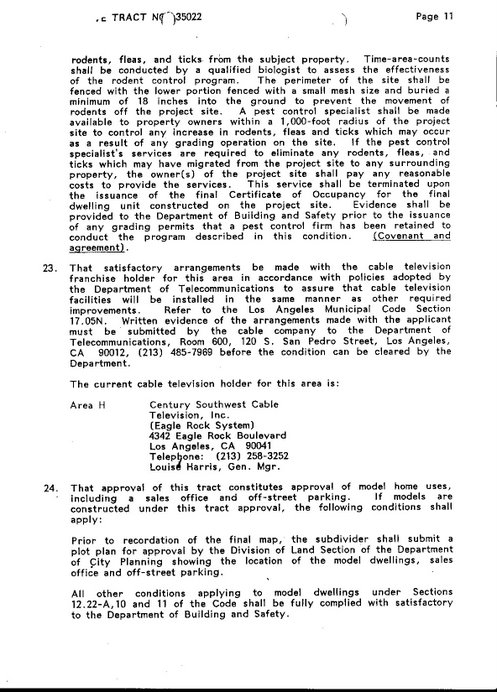
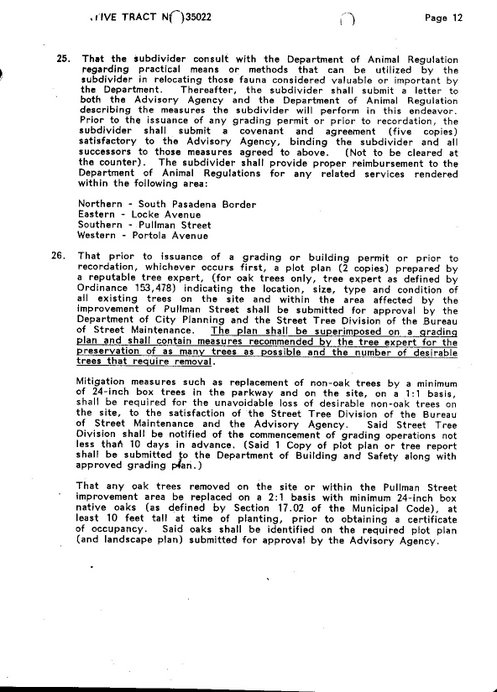
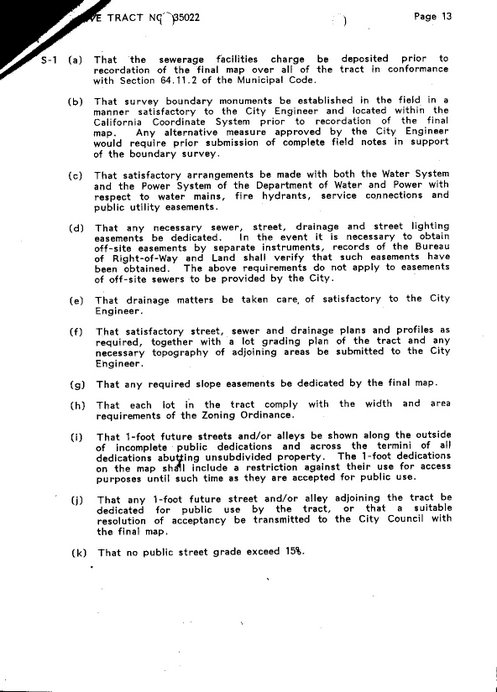
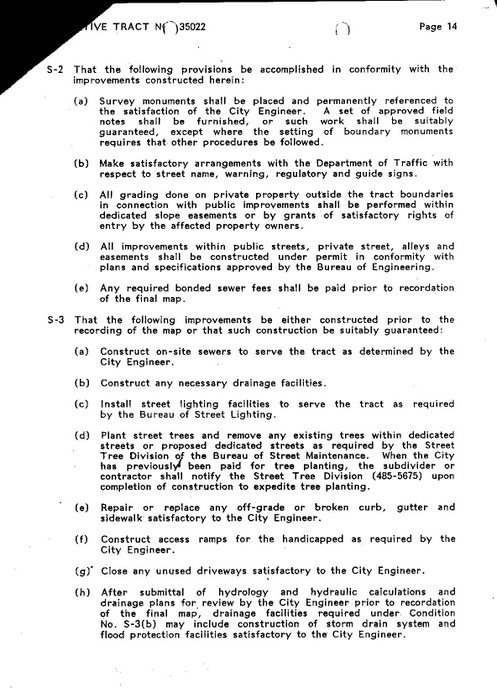
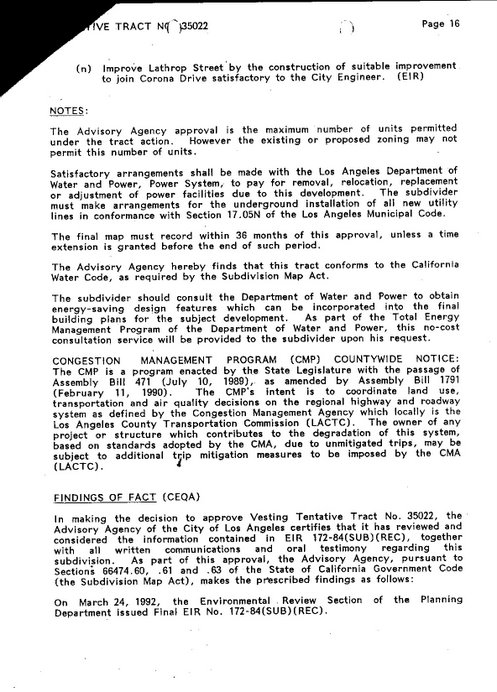


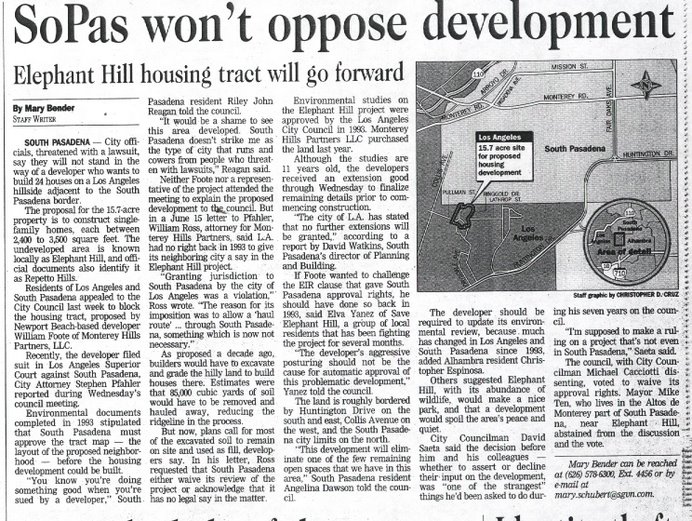
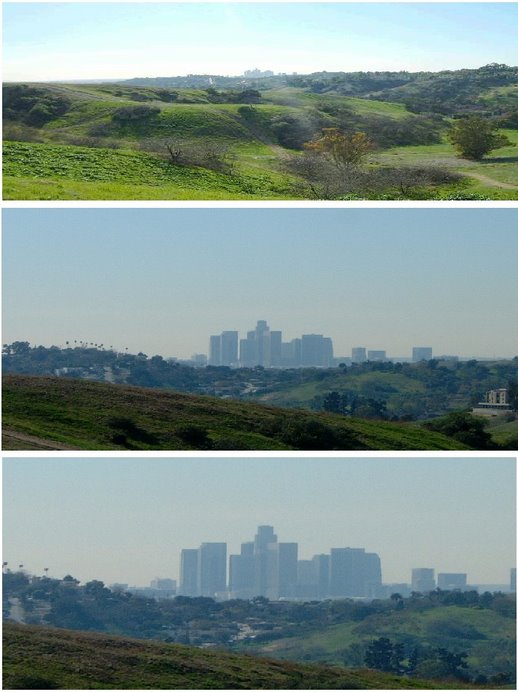
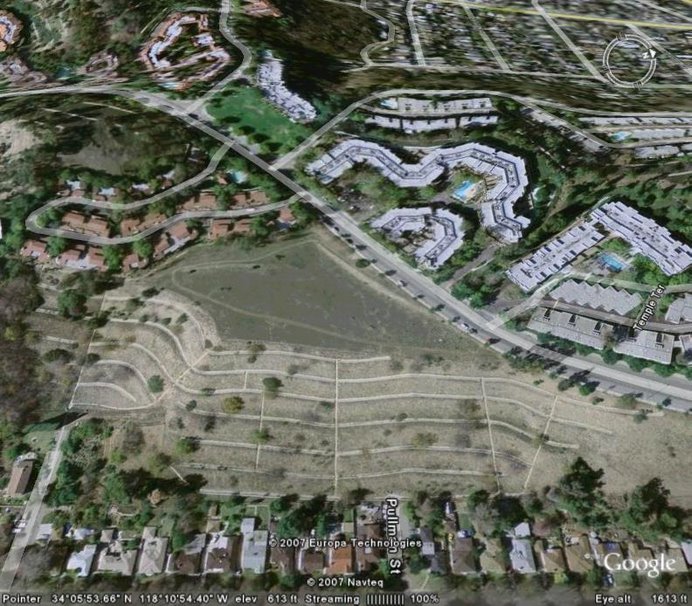
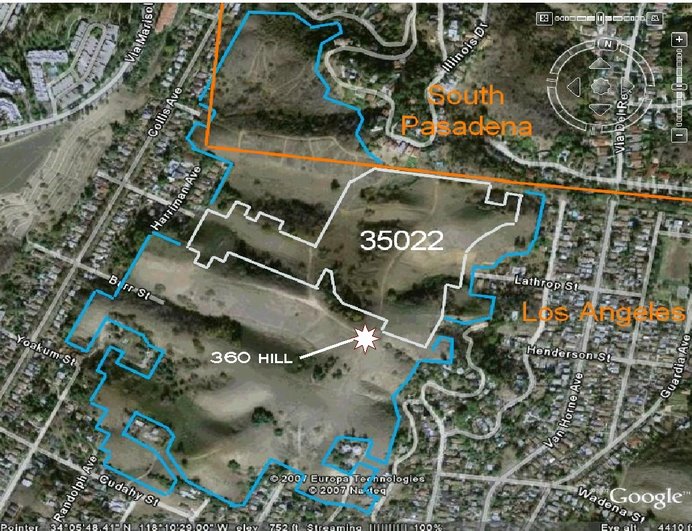
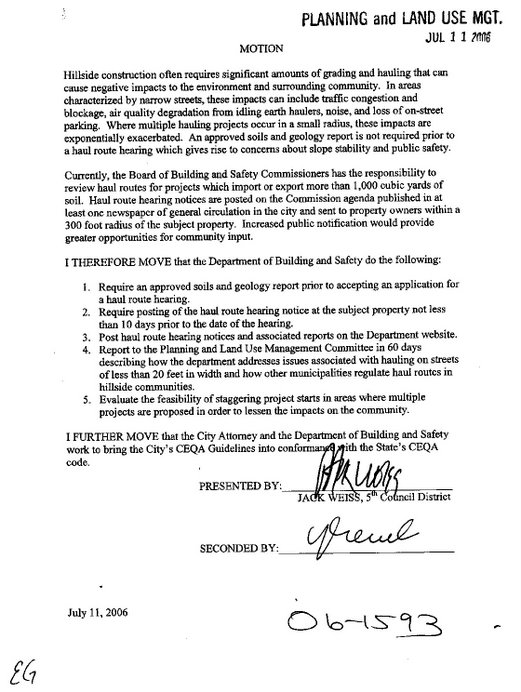
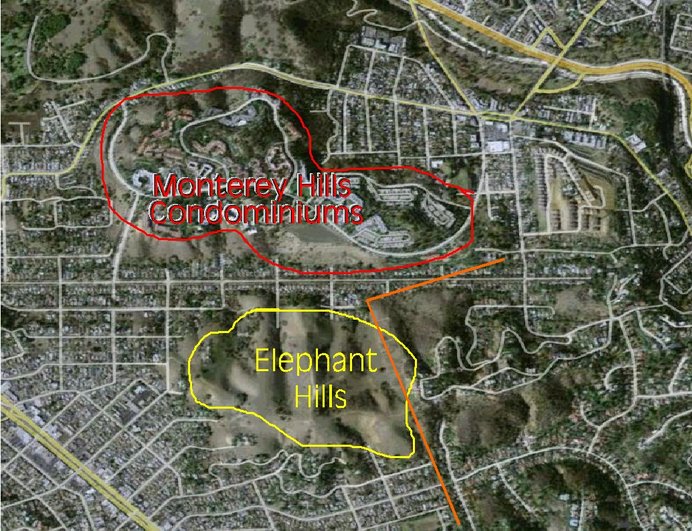

No comments:
Post a Comment